A VPN (Virtual Private Network) service is used to connect to the internet in a way that helps keep you and your data safer online. You connect to the internet by signing into your VPN account. Your traffic—whether it’s phone, laptop, tablet, or computer traffic—is then encrypted and protected. Because you’re connected through the VPN server, your privacy is also protected because your IP address is not visible. That means that even if somehow your data was compromised, it couldn’t be tied back to you.
In addition to protecting your privacy, VPNs are also helpful by allowing you to evade attempts at censoring your online activities. School and work networks often limit what their users can see and do online. In some cases, your ISP (Internet Service Provider) may also attempt to limit your online use. Even the government can do so.
Furthermore, because your location is spoofed through the VPN service, you can also usually connect to additional services that might not be available in your region. For example, some regional specific content requires that users have an IP address in that region. Want to watch a BBC show that “isn’t available in your country?” That’s okay, your VPN address can be set in London, while you are comfortably home on your couch.
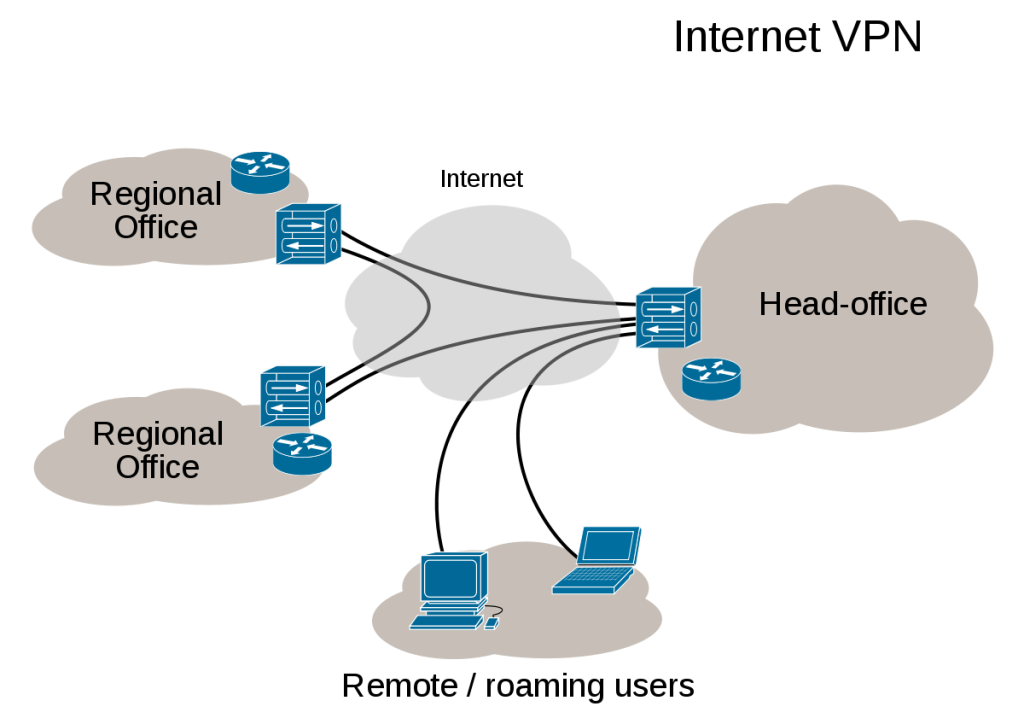 VPNs are also helpful for protecting your privacy when you’re connected to public WiFi systems. It is not difficult at all for hackers and other shady types to intercept traffic on public WiFi, and you could be at risk of having your identity stolen before you even realized that you’d been hacked. The secure encryption offered by a VPN is the best way to protect against these types of attacks.
VPNs are also helpful for protecting your privacy when you’re connected to public WiFi systems. It is not difficult at all for hackers and other shady types to intercept traffic on public WiFi, and you could be at risk of having your identity stolen before you even realized that you’d been hacked. The secure encryption offered by a VPN is the best way to protect against these types of attacks.
It is important to note, however, that while your traffic is hidden from your ISP, network, and government agencies when you’re connected through a VPN, the VPN itself may have access to your information. VPN companies can also record your activity. It’s very important that you research the company you choose well in order to ensure that they are reliable and reputable.
Check their website and reviews to see what sort of privacy assurances they make. In certain countries where terrorism is a concern, VPN providers are required to keep logs of internet activity that could be subpoenaed by law enforcement, courts, or government agencies. If your total privacy is important to you, do not connect through servers in those countries.
Are there any downsides to using a VPN?
While a VPN can provide you with a number of features that are advantageous, you may note that there are a few downsides. One is your internet speed. There are two reasons for this. First, encrypting your data takes time. Second, you’re adding a leg onto your data’s journey by routing through an additional server. Also, not all VPN services are created equally when it comes to speed. Free and cheaper services usually, although not always, are slower than premium services. Be sure to read reviews that include speed tests. Different networks will vary in terms of the bandwidth available, the server processing power, and number of people connected at any given time.
Your internet speed will also be affected by how far away the VPN server is (read more here). Most services give you the option of connecting in different regions, to suit a variety of different needs. For example, if you want to connect to Netflix in the United States, you’ll need to connect through a US server. If you’re in Mexico, you’ll want to choose a server closer to you—perhaps in Southern California or Texas. If you’re in Canada, however, you’re better off choosing a server in the northern US that’s closer to your location. This can help mitigate some of the speed issues that connecting through a VPN can cause.
Is using a VPN legal?
Because VPNs are used to encrypt data and hide your internet activities, some people worry that using a VPN isn’t legal. That’s almost never the case. VPNs are legal in most countries around the world. There are, of course, more oppressive regimes that ban them—like China or Iran—but the phenomenon isn’t widespread. Of course, hiding behind a VPN doesn’t make what you’re doing online legal, but using a VPN in and of itself is simply an extension of your natural right to privacy.
When choosing a VPN, you’ll want to look at several factors, including recent VPN round-ups. Speed, cost, and privacy are all primary considerations. You’ll also want to review the security assurances made by the service. Also, look at what countries they have servers in. Depending on your online habits, you may not need a service that has a vast array of international servers, but there are certainly times when it comes in handy.
For a more in-depth VPN tutorial, take a look here: https://www.youtube.com/watch?v=06zIxqAmxq4




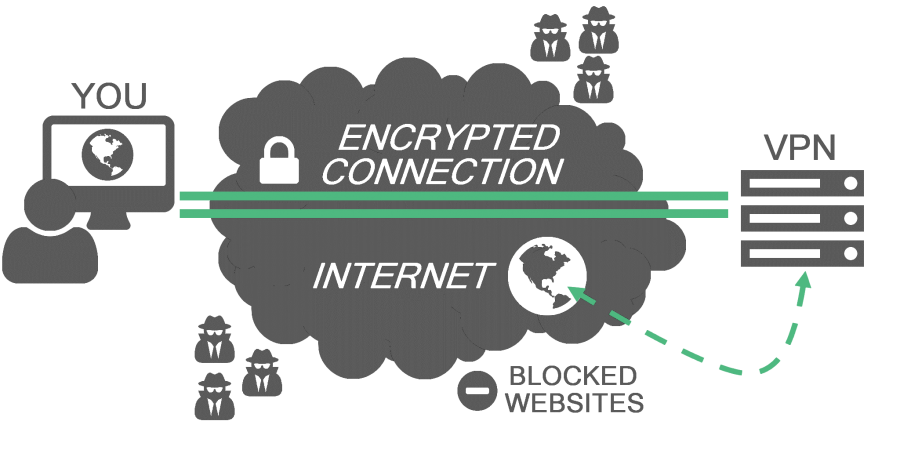


















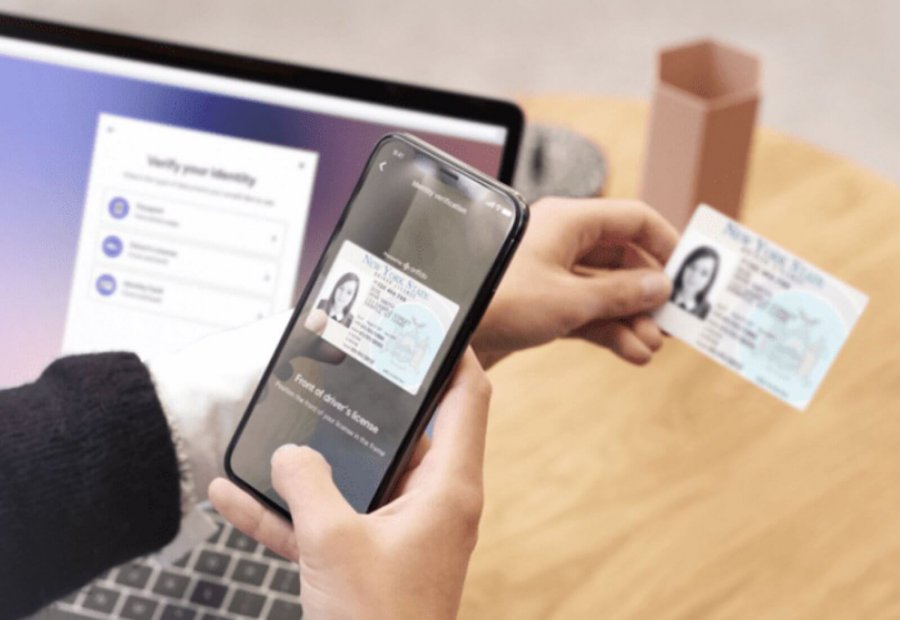
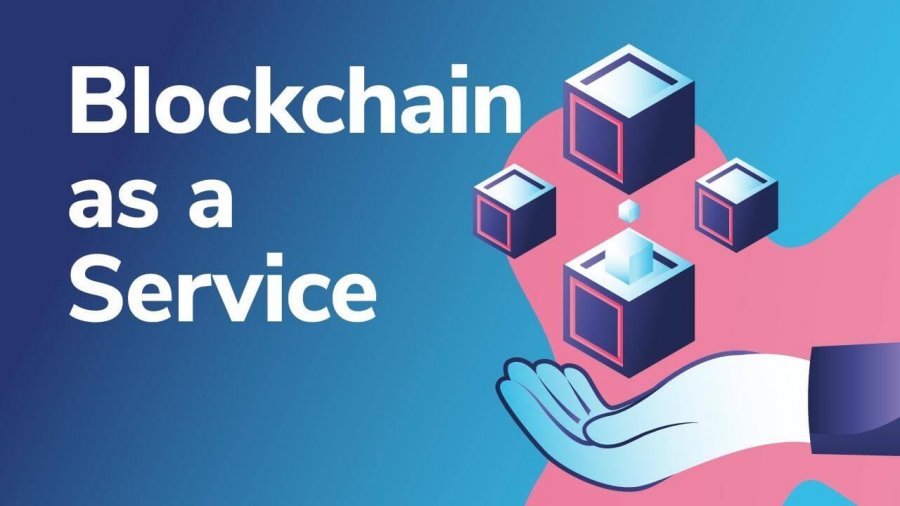
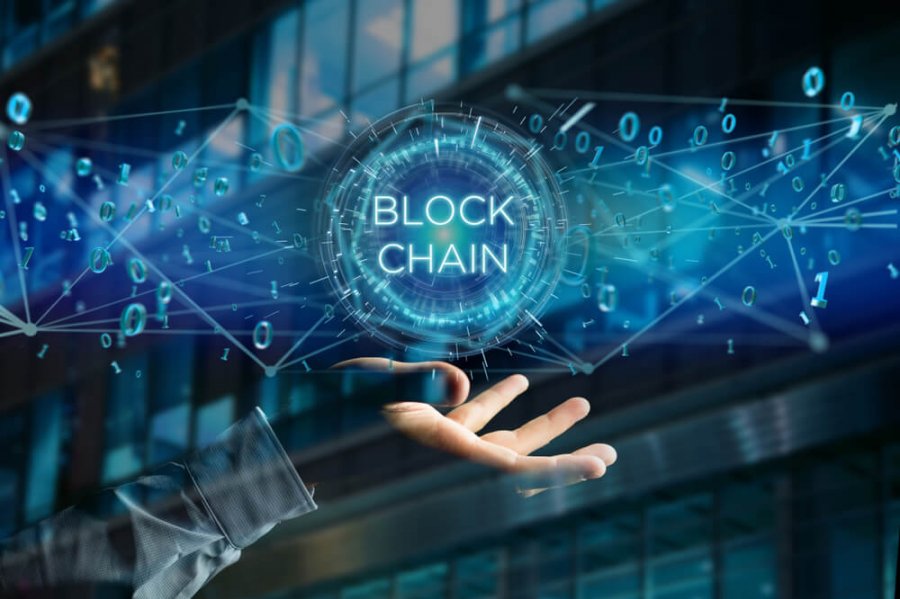
Leave a Reply